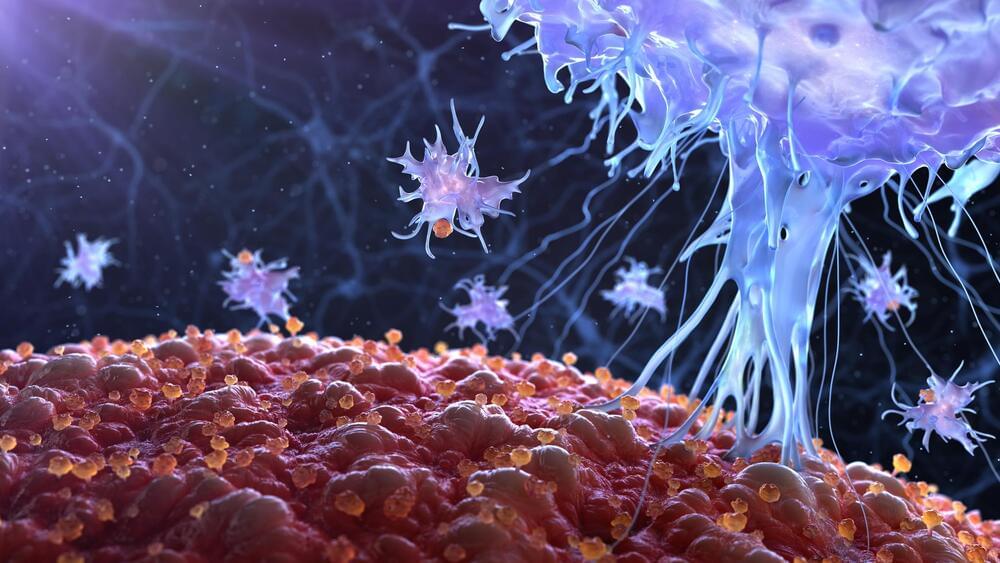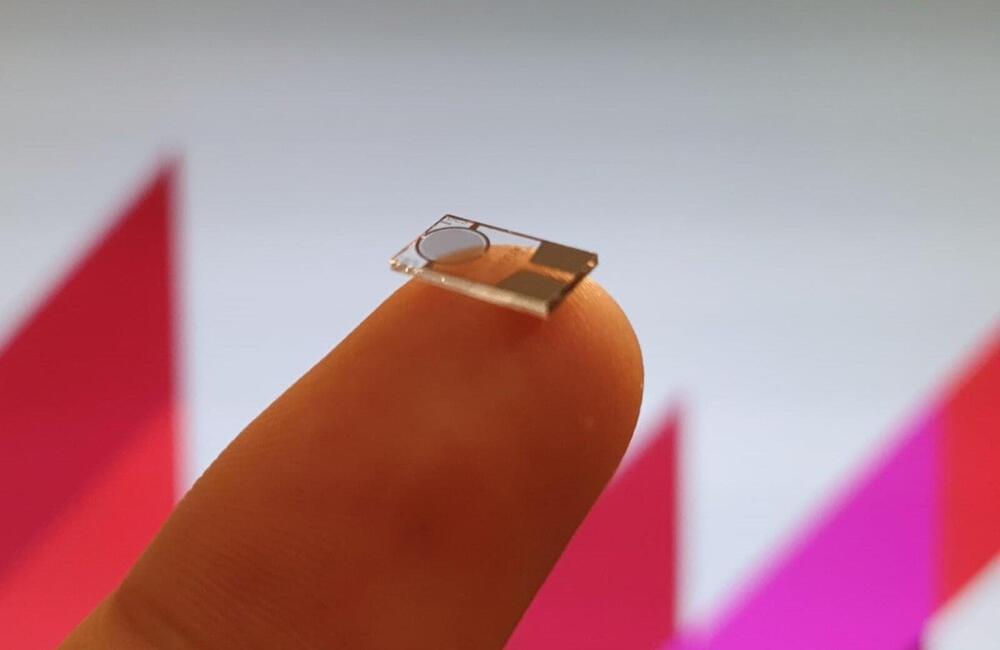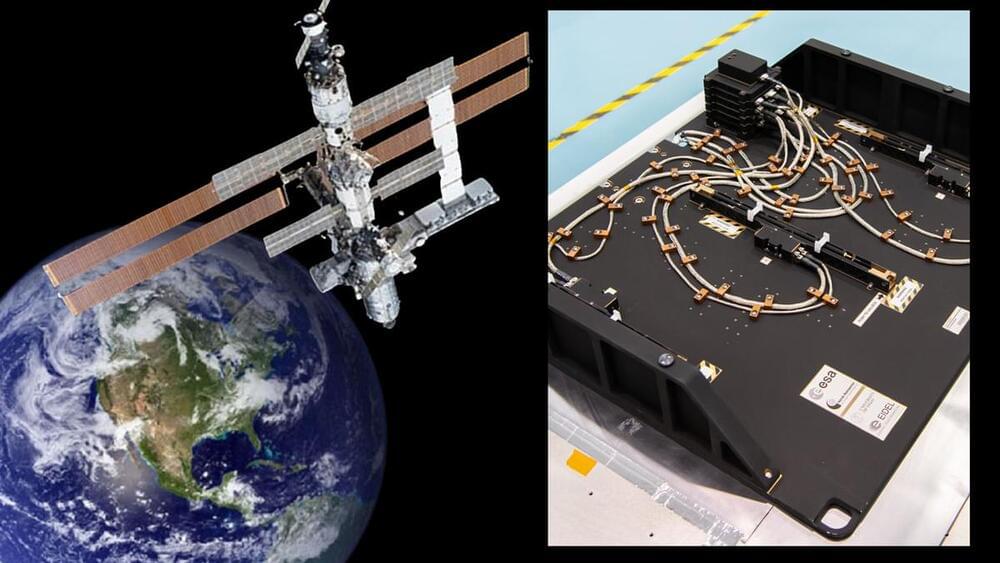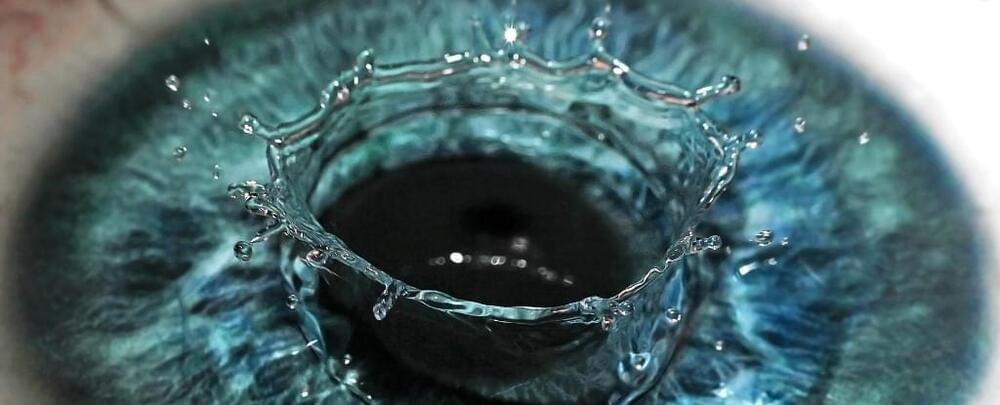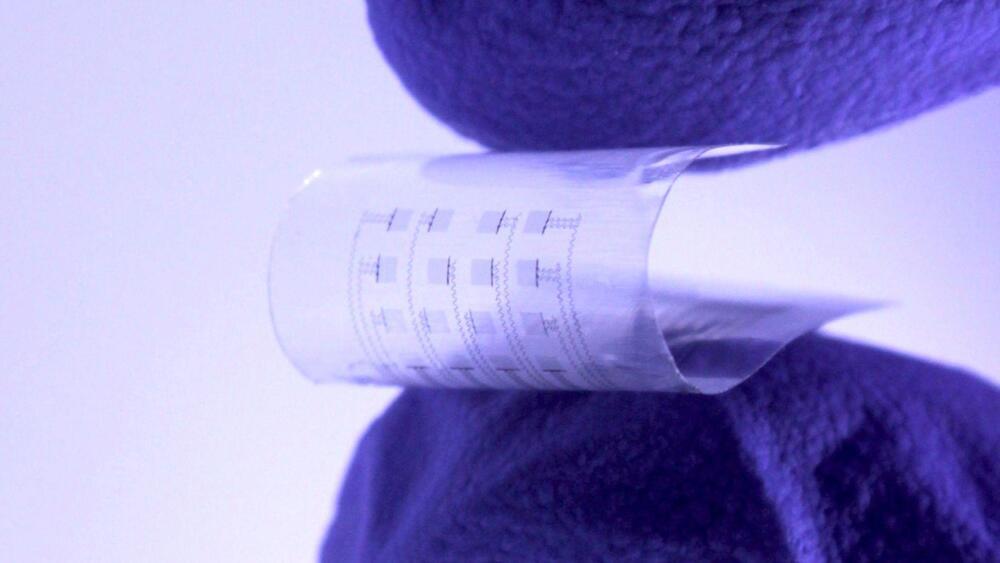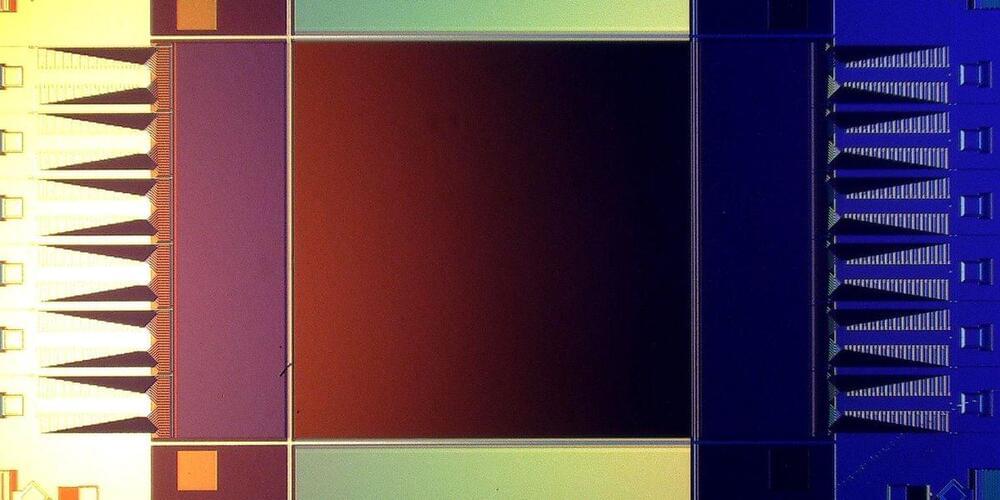Aug 7, 2023
New Role Uncovered for the Signaling Protein STING
Posted by Shubham Ghosh Roy in categories: biotech/medical, electronics
STING (short for stimulator of interferon genes) is considered one of the major factors that triggers the immune response in the context of infection, autoimmunity, and cancer. The signaling protein turns on genes involved in cell defense. Now, a team of MIT and Harvard Medical School researchers has discovered that STING can also act as an ion channel that allows protons to leak out of an organelle known as the Golgi body. This makes it the first human immune sensor that can translate danger signals into ion flow.
The findings are published in the journal Science in an article titled, “Human STING is a proton channel.”
“Proton leakage from organelles is a common signal for noncanonical light chain 3B (LC3B) lipidation and inflammasome activation, processes induced upon stimulator of interferon genes (STING) activation,” wrote the researchers. “On the basis of structural analysis, we hypothesized that human STING is a proton channel. Indeed, we found that STING activation induced a pH increase in the Golgi and that STING reconstituted in liposomes enabled transmembrane proton transport.”
